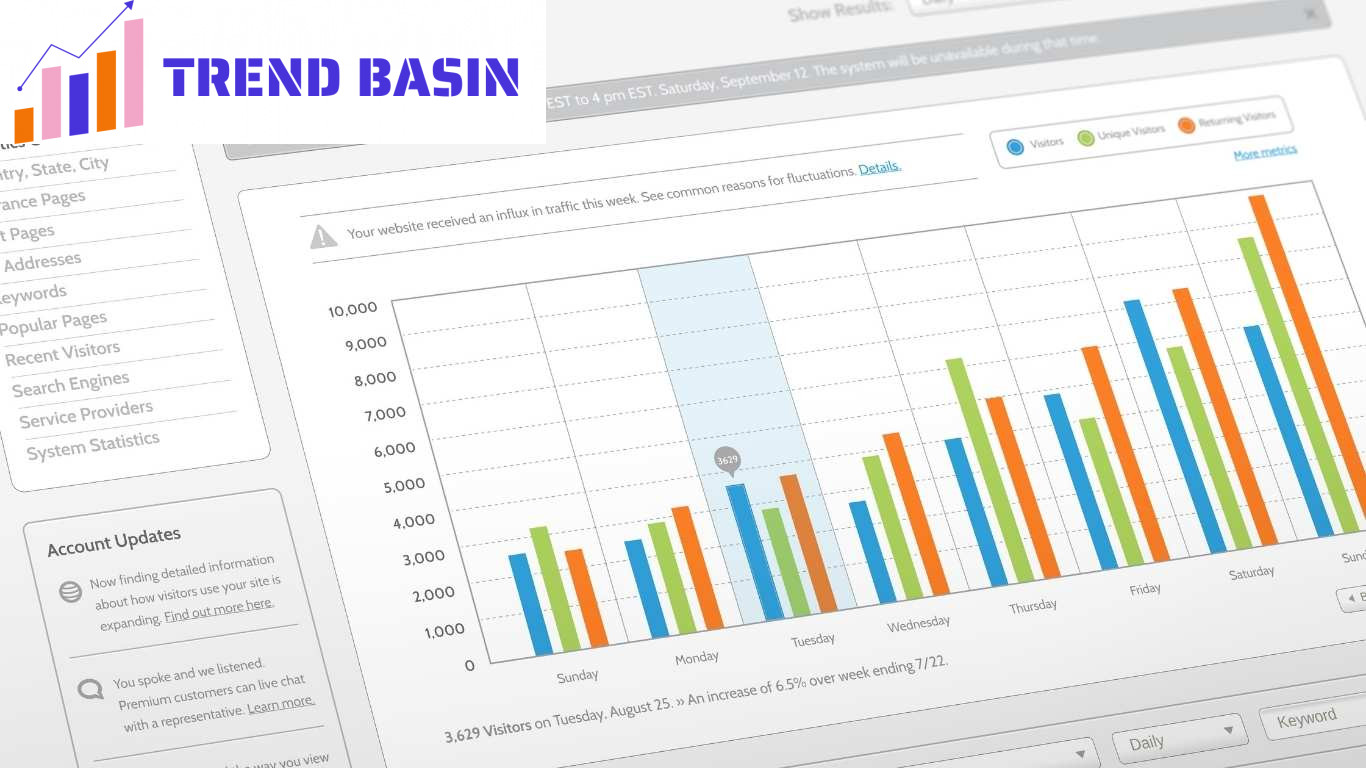How HTTPS Impacts SEO and User Trust
In today’s online world, making sure your website is secure is crucial for your success. HTTPS (Hypertext Transfer Protocol Secure) has become the go-to standard for safe online interactions.
Not only does HTTPS keep your users’ data safe, but it also affects how search engines rank your site and how visitors view your brand. In this article, we will look at how HTTPS impacts SEO, boosts user trust, and why it is essential for every website.
1. What is HTTPS?
HTTPS is the secure version of HTTP, the protocol used to send and receive data over the internet. The key difference is that HTTPS adds encryption, which means that any data exchanged between a user’s browser and your website is protected. This is especially important for websites that ask users for sensitive information, like passwords or credit card numbers.
When a website uses HTTPS, it shows a small padlock icon in the address bar of the browser. This icon lets users know that their connection is secure, giving them peace of mind when browsing or shopping online.
2. Why HTTPS Matters for SEO
Search engines like Google care about the safety of their users. Since 2014, Google has used HTTPS as a ranking factor, meaning that websites using HTTPS may rank higher than those using only HTTP. Here’s how HTTPS can improve your search engine ranking:
- Better Rankings: Search engines prefer sites that prioritize user security. This means that if your website uses HTTPS, it has a better chance of appearing higher in search results.
- Increased Click-Through Rates (CTR): When users see the padlock icon next to your website in search results, they feel safer and are more likely to click on it. A secure website appears more trustworthy.
- Protection Against Penalties: Many web browsers, including Google Chrome, warn users when they visit a site without HTTPS by showing a “Not Secure” label. This can drive visitors away and hurt your site’s reputation and ranking.
Switching to HTTPS is a smart move to enhance your website’s visibility and appeal.
3. How HTTPS Enhances User Trust
HTTPS plays a vital role in building trust with your visitors. Here’s why having a secure site makes a difference:
- Safe Browsing: HTTPS means that users’ information is protected from hackers and unauthorized access. This is especially important for sites that handle financial transactions or personal data.
- Transparency and Reliability: Secure sites often appear more professional. The visible padlock icon reassures visitors that they are in a safe place to enter their information.
- Higher Conversion Rates: When users know their data is safe, they are more likely to buy products, sign up for newsletters, or engage with your site. This can lead to more sales and satisfied customers.
4. HTTPS vs. HTTP2: Speed Matters Too
In addition to security, HTTPS allows websites to use a newer protocol called HTTP2. This protocol can make your site faster, which is essential for keeping visitors happy. Fast-loading websites are more likely to keep users engaged and rank better in search engines.
Using HTTPS with HTTP2 can improve your site’s speed, giving you an extra edge over competitors who may not have adopted it yet.
5. Implementing HTTPS on Your Site: A Step-by-Step Guide
Switching to HTTPS is straightforward. Here’s how to do it:
- Choose an SSL/TLS Certificate Provider: You will need an SSL certificate to secure your site. You can find free options, like Let’s Encrypt, or pay for premium services from companies like Comodo or DigiCert.
- Install the Certificate on Your Server: After you purchase or obtain the certificate, it needs to be installed on your website’s server. Most web hosting companies can help with this process.
- Update Internal Links: Make sure all links on your site point to the HTTPS version of your pages to avoid errors. This is important to keep everything running smoothly.
- Set Up 301 Redirects: If someone tries to access your site through HTTP, set up a redirect so they are automatically sent to the HTTPS version. This ensures that all visitors are using the secure version.
- Test and Verify: Use tools like SSL Checker to ensure your certificate is working correctly. You can also monitor for any issues using Google Search Console.
6. Is HTTPS Essential for Every Site?
Yes! Even if your website doesn’t handle sensitive information, HTTPS is becoming a standard for all sites. Using HTTPS not only enhances security but also improves your website’s credibility. Visitors expect a secure connection, and having HTTPS can help you meet those expectations.
7. Common Misconceptions about HTTPS
Many people believe that HTTPS is only necessary for e-commerce websites or sites that collect personal information. However, this isn’t true. Here are a few misconceptions:
- “My Site Doesn’t Sell Anything, So I Don’t Need HTTPS”: Even blogs or informational sites can benefit from HTTPS. Visitors want to feel safe, regardless of the site’s purpose.
- “Switching to HTTPS Will Hurt My SEO”: Some people fear that switching will negatively impact their search rankings. On the contrary, HTTPS can help improve your rankings over time.
8. Conclusion
Adopting HTTPS is not just a technical upgrade; it’s a commitment to providing a safer online experience. It enhances SEO, builds user trust, and protects sensitive data. In a time when online security is paramount, investing in HTTPS can set your site apart, attract more visitors, and boost your brand’s reputation.
Remember, every website, regardless of its nature, can benefit from HTTPS. It’s a simple yet effective way to ensure your users feel secure while engaging with your content. By making this switch, you are not only protecting your visitors but also paving the way for a successful online presence.



